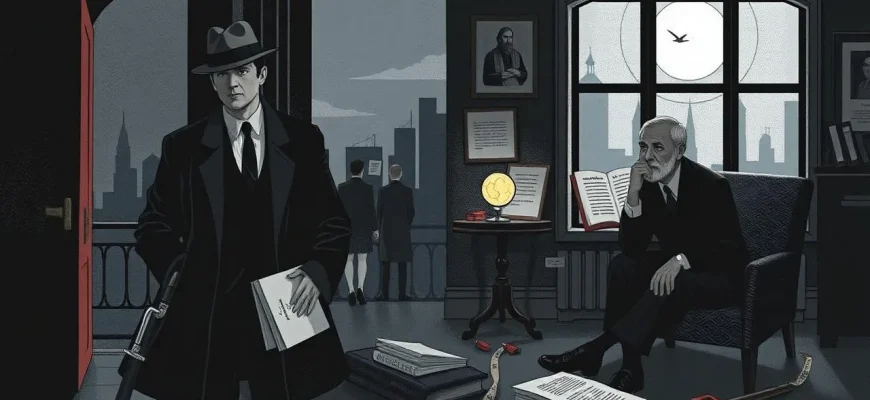If you're a fan of crime films but also enjoy a good philosophical debate, this collection is for you. These films not only deliver gripping narratives filled with suspense and intrigue but also conclude with endings that provoke thought, challenge perceptions, and leave you pondering long after the credits roll. Here's a selection of ten crime films that blend the gritty world of crime with profound philosophical reflections.
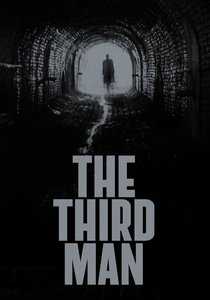
The Third Man (1949)
Description: This classic film noir, set in post-war Vienna, ends with a philosophical reflection on friendship, betrayal, and the moral complexities of survival.
Fact: The famous zither music was composed by Anton Karas, who was discovered by the film's director playing in a Viennese wine bar.
 Watch Now
Watch Now
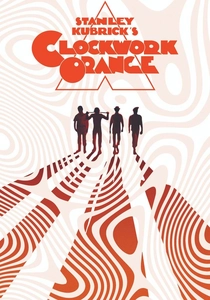
A Clockwork Orange (1971)
Description: Stanley Kubrick's adaptation of Anthony Burgess's novel explores free will, violence, and the nature of good and evil, with an ending that challenges viewers to reflect on societal control and personal freedom.
Fact: The film was banned in several countries due to its violent content, and Kubrick himself withdrew it from UK cinemas after threats were made against his family.
 Watch Now
Watch Now
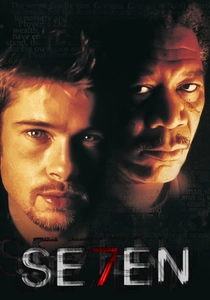
Se7en (1995)
Description: With its dark exploration of sin and morality, Se7en's ending is a philosophical punch to the gut, questioning the nature of justice and the human condition.
Fact: The film's ending was kept a secret from most of the cast and crew until the last day of shooting to preserve its impact.
 Watch Now
Watch Now
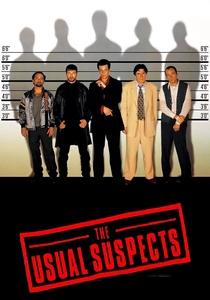
The Usual Suspects (1995)
Description: This film is a masterclass in storytelling, with its twist ending that questions the nature of truth and identity. The philosophical finale leaves viewers questioning what is real and what is fabricated.
Fact: The character of Keyser Söze was inspired by a real-life criminal figure, and the film's ending has become one of the most discussed in cinema history.
 Watch Now
Watch Now
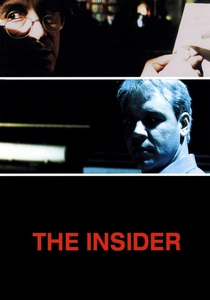
The Insider (1999)
Description: Based on a true story, this film's ending leaves viewers pondering the ethics of journalism, corporate responsibility, and personal integrity.
Fact: The film was nominated for seven Academy Awards, including Best Picture, and features a real-life interview with Mike Wallace.
 Watch Now
Watch Now
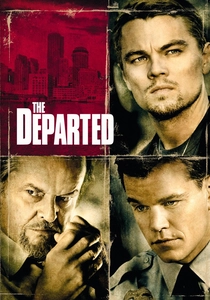
The Departed (2006)
Description: This Scorsese masterpiece delves into themes of loyalty, betrayal, and identity, with an ending that leaves viewers contemplating the moral ambiguity of its characters.
Fact: The film is a remake of the Hong Kong film "Infernal Affairs," and it won four Academy Awards, including Best Picture.
 Watch Now
Watch Now
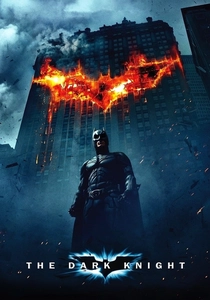
The Dark Knight (2008)
Description: While primarily a superhero film, its exploration of chaos, order, and morality culminates in a philosophical ending that questions the nature of heroism and the sacrifices it demands.
Fact: Heath Ledger's performance as The Joker won him a posthumous Academy Award for Best Supporting Actor, and the film is often cited for its complex moral themes.
 Watch Now
Watch Now
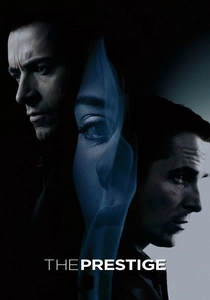
The Prestige (2006)
Description: This film about rival magicians ends with a twist that delves into themes of obsession, sacrifice, and the cost of ambition, leaving audiences to ponder the ethics of deception.
Fact: The film was based on a novel by Christopher Priest, and the director, Christopher Nolan, used real-life magician Ricky Jay as a consultant.
 Watch Now
Watch Now
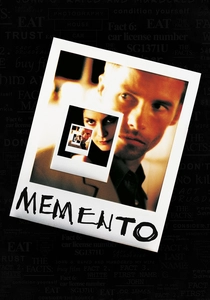
Memento (2000)
Description: Christopher Nolan's exploration of memory, identity, and revenge, Memento's reverse narrative structure culminates in a philosophical ending about the nature of memory and the reliability of our own perceptions.
Fact: The film was shot in two different styles: black and white scenes were shot in chronological order, while color scenes were shot in reverse order.
 30 Days Free
30 Days Free
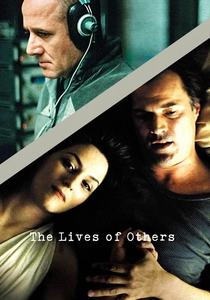
The Lives of Others (2006)
Description: This German film about surveillance in East Germany ends with a poignant philosophical question about the nature of surveillance, privacy, and the human spirit.
Fact: The film was Ulrich Mühe's last major role before his death, and he drew from personal experiences of being under surveillance in East Germany.
 30 Days Free
30 Days Free

